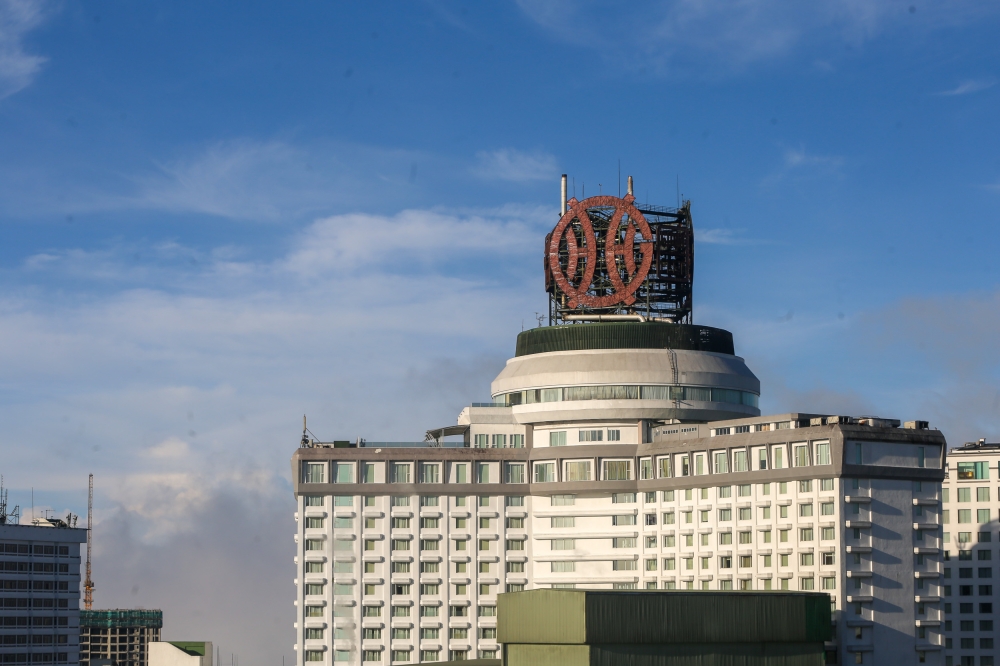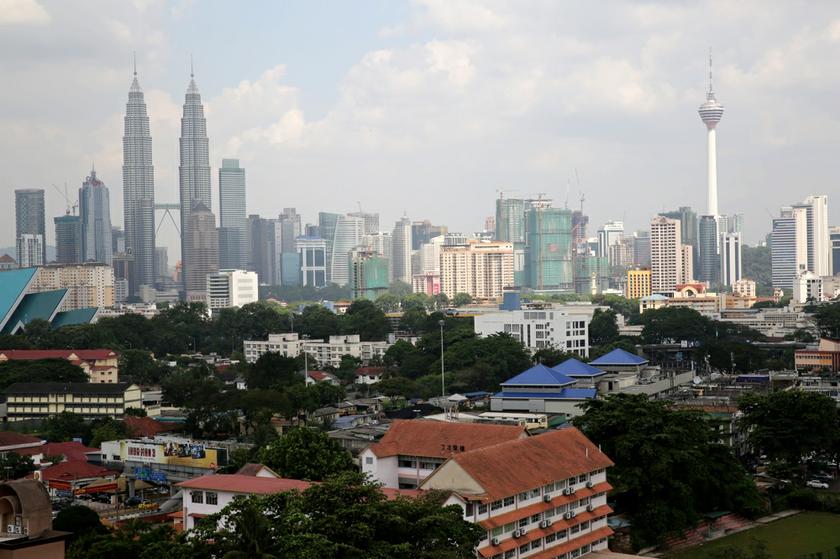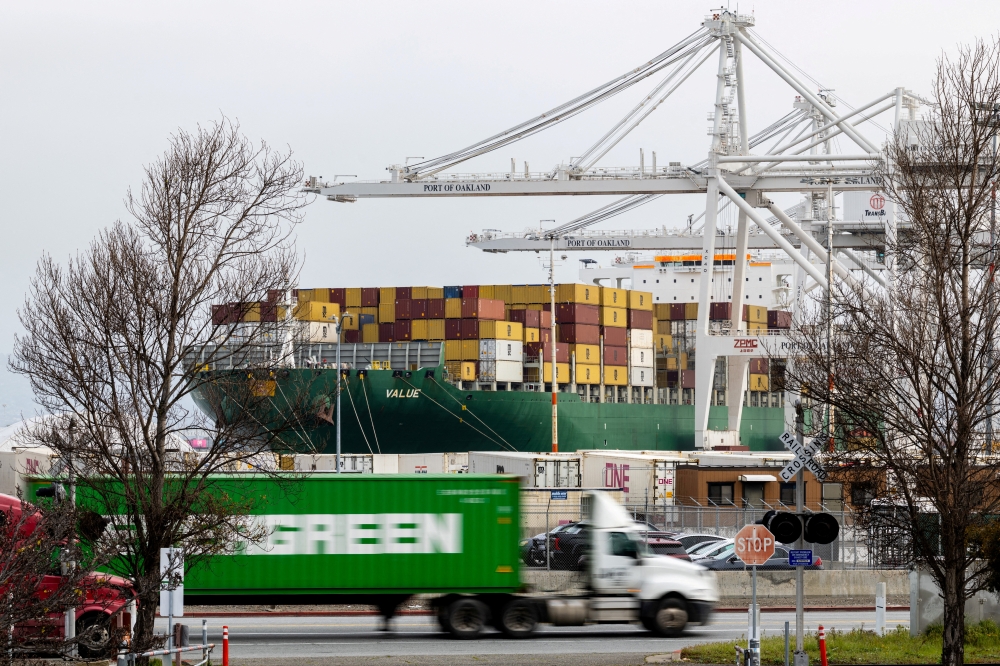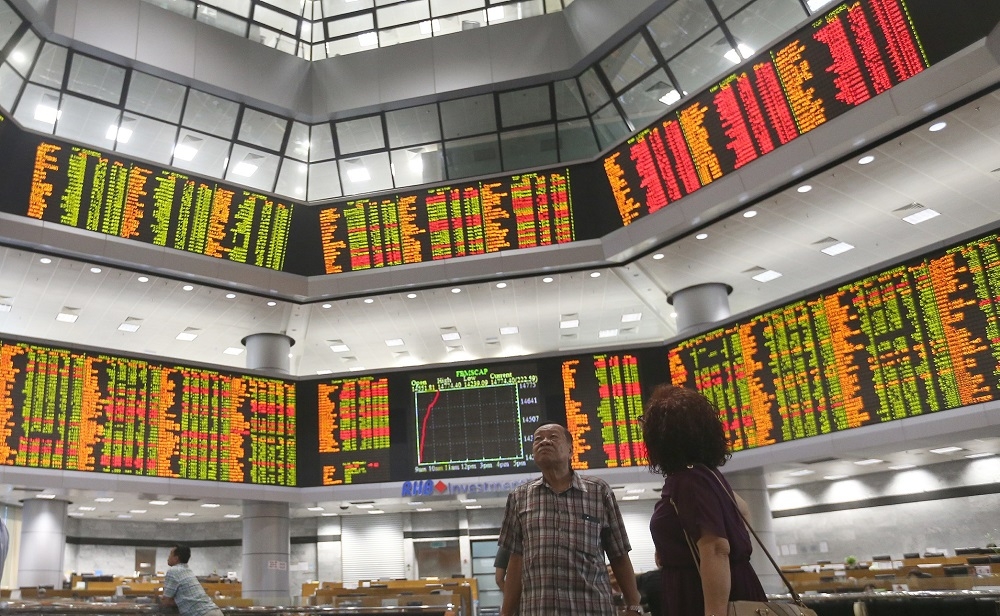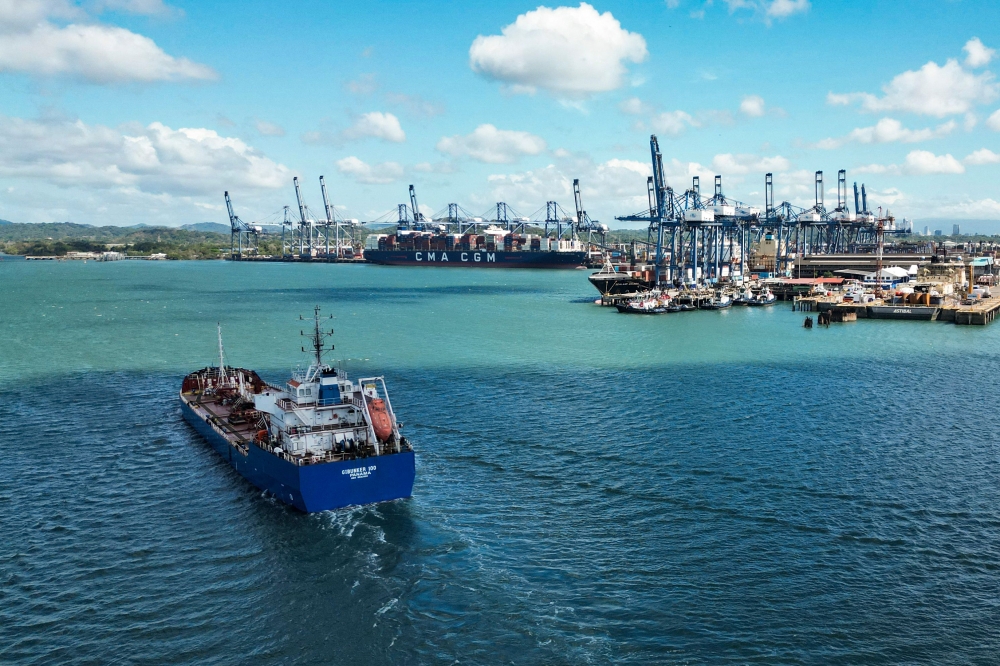KUALA LUMPUR, Feb 6 — Malaysia remained an attractive investment destination for Japanese firms despite the current weak global economic environment.
Japanese Chamber of Trade and Industry (Jactim) vice-president Daiji Kojima said the cost of doing business in Malaysia is still affordable and the country’s geographic location is also good for trade movement.
“(However) Other Asean countries are trying to reduce their corporate tax. So now, Malaysia’s (business cost) is becoming slightly higher than in other Asean countries. That is a minus portion.
“But fundamentally, we believe it is a good place, especially for manufacturing and new areas,” he told reporters at the release of Jactim’s 68th Business Survey for the second half of 2019 here today.
Kojima said Japanese food and beverage companies are aiming for halal certification and looking to use Malaysia as a hub to penetrate markets in the Gulf Cooperation Council.
The survey also found the business sentiment diffusion index (DI) declined to 29.9 points for three consecutive terms — the lowest since the Lehman Brothers bankruptcy scandal in 2008.
The respondents cited the US-China trade conflict, a stagnation of semiconductor market conditions and increased labour cost as reasons for the pessimism.
The employees’ DI, which has shown a shortage of employees in the past, now stood at +1.4 points.
However, this is not across the board as some respondents still experienced shortages at certain levels.
Looking forward, Jactim is currently conducting a survey to assess the impact of the 2019 novel coronavirus on its member companies.
Jactim research committee chairwoman Mai Onozawa said Japanese companies are looking to shift their production plants in China which were affected by the coronavirus outbreak.
“Some logistic network is affected due to coronavirus related issues. Some companies are pessimistic ...,” she said.
The survey conducted between August 13 and October 25, 2019, involved 296 Jactim member companies comprising 191 companies in the manufacturing sectors while the rest involved in the non-manufacturing sector. — Bernama

